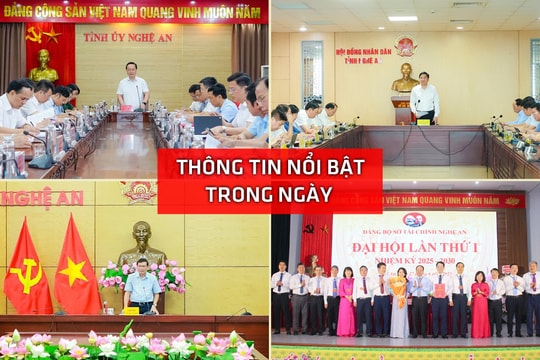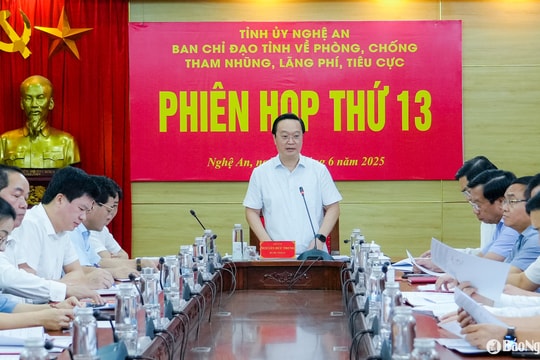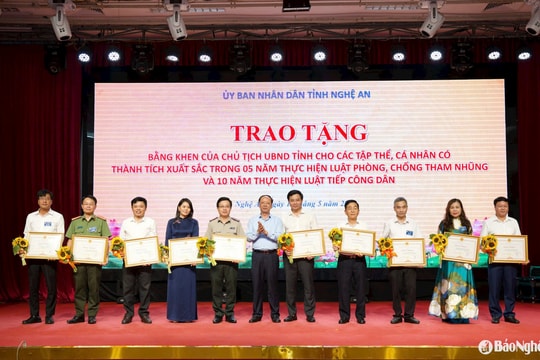Where corruption is detected spontaneously, the leader gets extra points.
Where corruption and violations are self-detected, it is a plus point to encourage leaders to better fulfill their responsibilities.
In recent times, the Party and the State have focused on promulgating regulations on power control in general and power control to prevent negativity and corruption in particular. The work of building and perfecting institutions on socio-economic management and corruption prevention and control has been promoted and gradually improved... However, the Party's institutions as well as legal regulations on power control, especially power control in personnel work in recent times, have not yet created a strong enough "barrier" in power control and corruption prevention in the direction of ensuring that corruption cannot, does not dare, does not want, and does not need to occur.
The power control mechanism is not really complete.
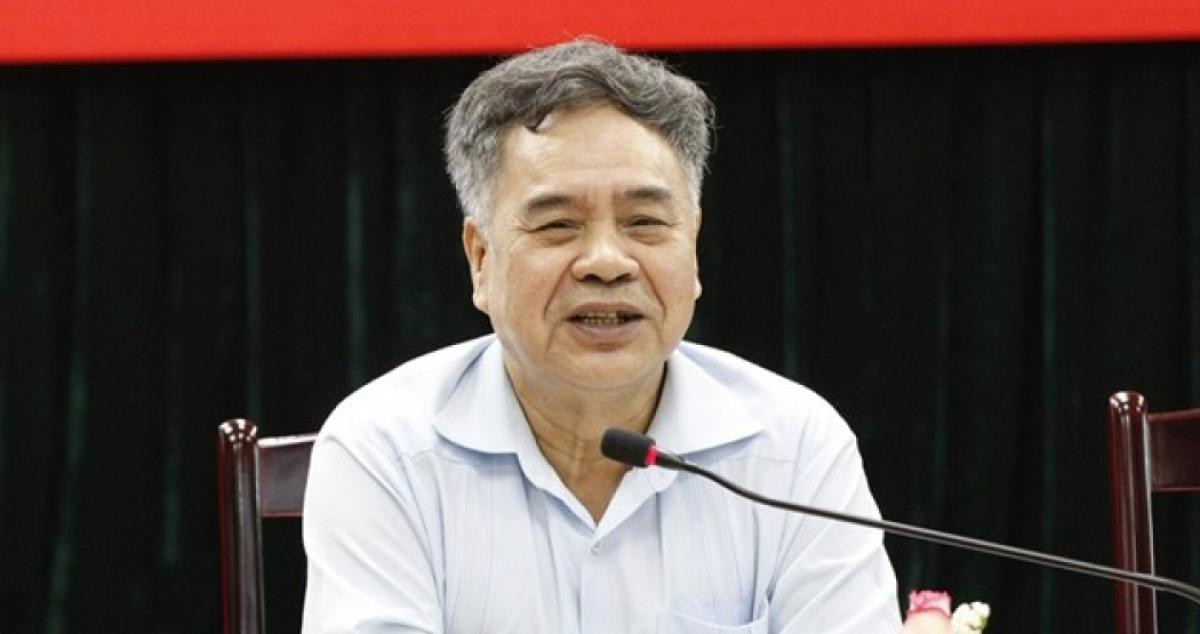 |
Dr. Nguyen Viet Thong - former General Secretary of the Central Theoretical Council. |
Looking back at the anti-corruption activities in recent times, Dr. Nguyen Viet Thong - former General Secretary of the Central Theoretical Council said that the Central Executive Committee, the Politburo, and the Secretariat have directed the fight against corruption strongly, synchronously, resolutely, and effectively, leaving outstanding marks, creating high consensus in society... However, the mechanism for controlling power to prevent and combat corruption is still not really complete, publicity, transparency and accountability still have certain limitations, which partly reduce the effectiveness of anti-corruption work.
“We all say that the people are the subjects of State power. Previously, we had Regulations 27 and 28 of the Politburo on social supervision and criticism, then the Law on the Fatherland Front, and other relevant legal regulations all mentioned the role of the people in participating in controlling power, including the power of the Party, the State and social organizations. However, those regulations have not yet clearly defined how the people - as the subject of power - exercise their power in supervising and controlling the power they have delegated to officials, public agencies and Party organizations, so the people have not been able to understand and exercise that power effectively,” Dr. Nguyen Viet Thong shared.
Reviewing the violations that have been clarified and handled by the Central Inspection Committee, as well as corruption cases involving high-ranking officials and generals, it can be seen that, in addition to the lack of responsibility and lax leadership and management, the cause of these major violations and corruption is also due to the individuals taking advantage of and abusing their positions and powers for personal and group gain. That is the degeneration of power - the seed of corruption.
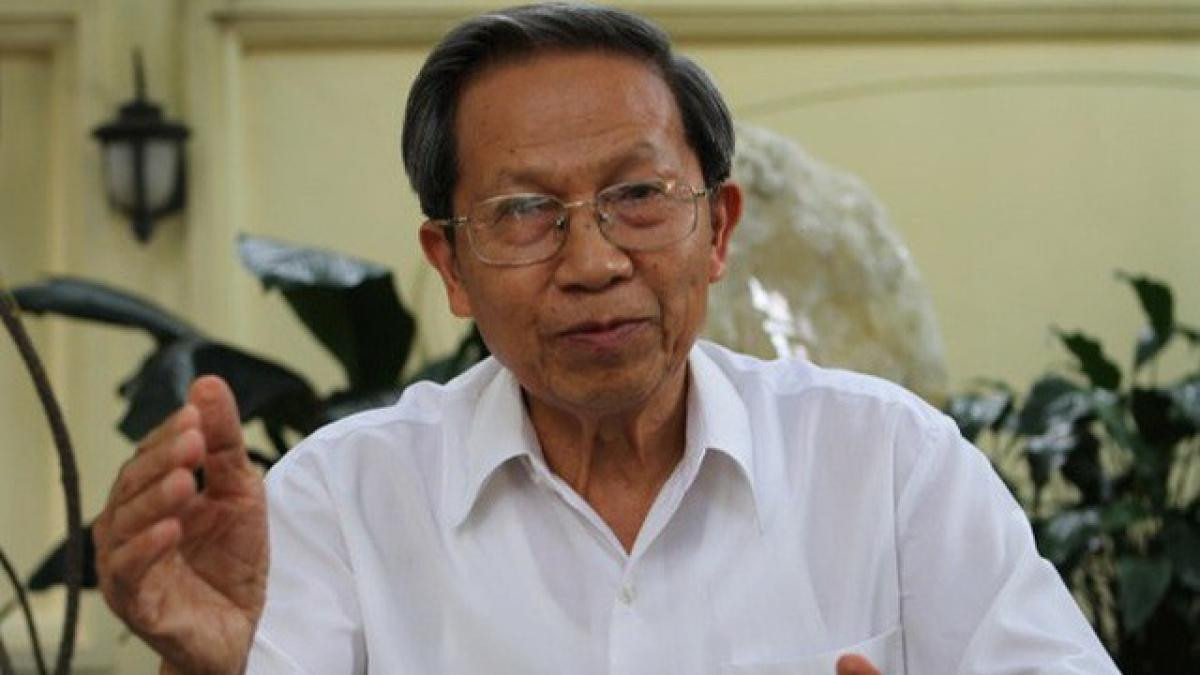 |
Dr. Le Van Cuong - former Director of the Institute for Strategic Studies, Ministry of Public Security. |
Dr. Le Van Cuong - former Director of the Institute for Strategic Studies, Ministry of Public Security, said that to effectively prevent and combat corruption, it is necessary to control power.
According to Mr. Cuong, first of all, we must tighten the power monitoring system. Next, we must clarify the responsibilities of public agencies, individuals, heads of agencies, organizations, units, etc. Our current Constitutional and legal system does not specifically and clearly stipulate the rights and legal responsibilities of cadres. There must be Party regulations as well as legal norms to ensure that each head of an agency or unit has the authority associated with specific responsibilities.
"Another very important issue that is raised in the resolution and stipulated in the Party's charter is to ensure that State agencies operate openly and transparently so that people can monitor them... I believe that if we do well on those four issues, we will certainly fundamentally overcome corruption," Dr. Le Van Cuong emphasized.
The number of corruption cases detected and handled does not accurately reflect the reality of corruption.
To effectively prevent and combat corruption, it is necessary to soon perfect the mechanism of controlling power through legal institutions, first of all, to control the abuse of power and abuse of power in personnel work and policy issuance and implementation activities. Along with that, it is also necessary to promote public ethics and exemplary responsibility of Party members and officials - especially heads of agencies and units.
Because in reality, in many places, the role and responsibility of leaders in preventing corruption have not been well promoted, and in some aspects have not met the requirements.
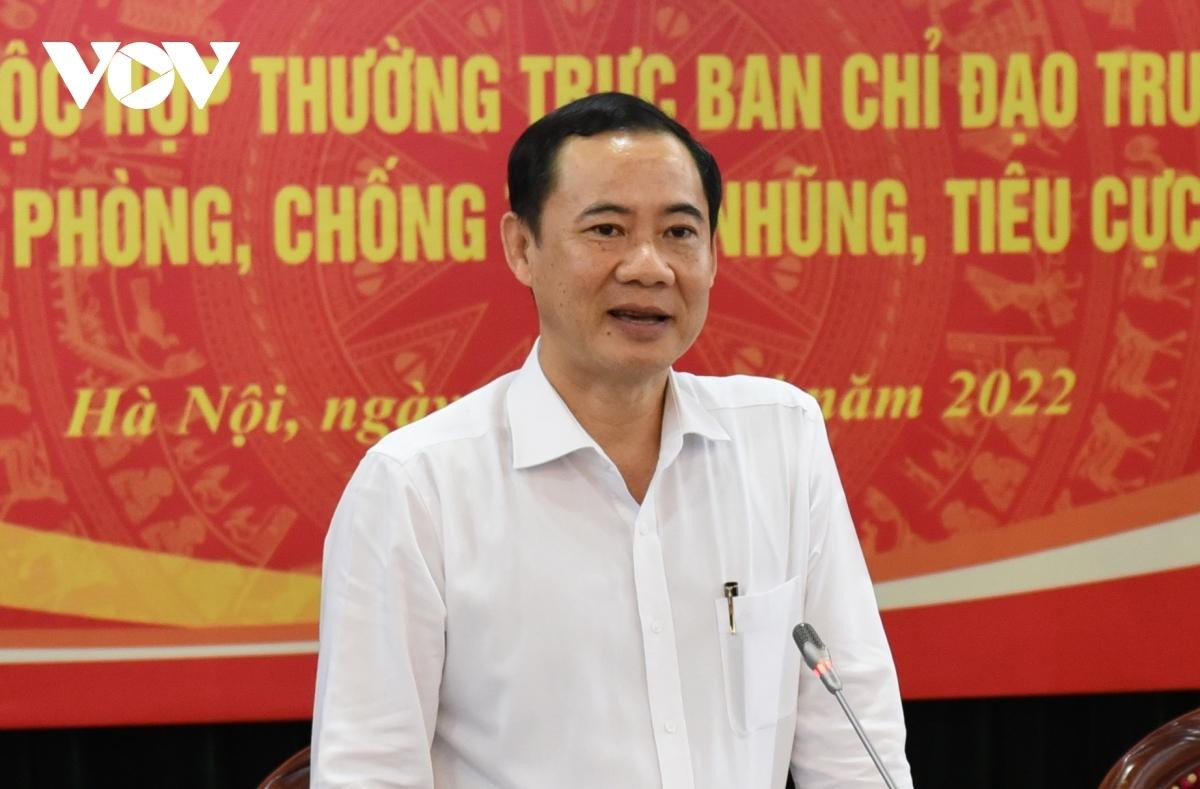 |
Deputy Head of the Central Internal Affairs Commission Nguyen Thai Hoc. Photo: Kim Anh |
Specifically, according to Deputy Head of the Central Internal Affairs Commission Nguyen Thai Hoc, there is still a situation where leaders are not really interested in leading, directing the detection and handling of corrupt acts; there are cases of being considerate, avoiding, shirking responsibility, even covering up corruption and negative cases. More seriously, many leaders have committed negative, corrupt acts or assisted in corruption being discovered and handled. In recent times, the number of corruption cases directed to be detected and handled within agencies and units has not accurately reflected the actual situation of corruption.
Mr. Huynh Ngoc Son - Vice Chairman of Thang Long Club said that although we have all the regulations and responsibility mechanisms for citizens, officials, and party members to participate in and implement anti-corruption, the implementation is not yet strict. There is still a situation where heads of agencies and units do not dare and do not want to fight corruption.
"The regulations on anti-corruption themselves have a complete mechanism in which everyone must participate in anti-corruption. But the mechanism is the mechanism, the people implementing the mechanism are important. I know that some public agencies are corrupt, but the leaders do not want to fight corruption, avoid it because they are afraid of affecting the prestige of the leader, affecting the prestige of the agency that the leader is in charge of," said Mr. Huynh Ngoc Son.
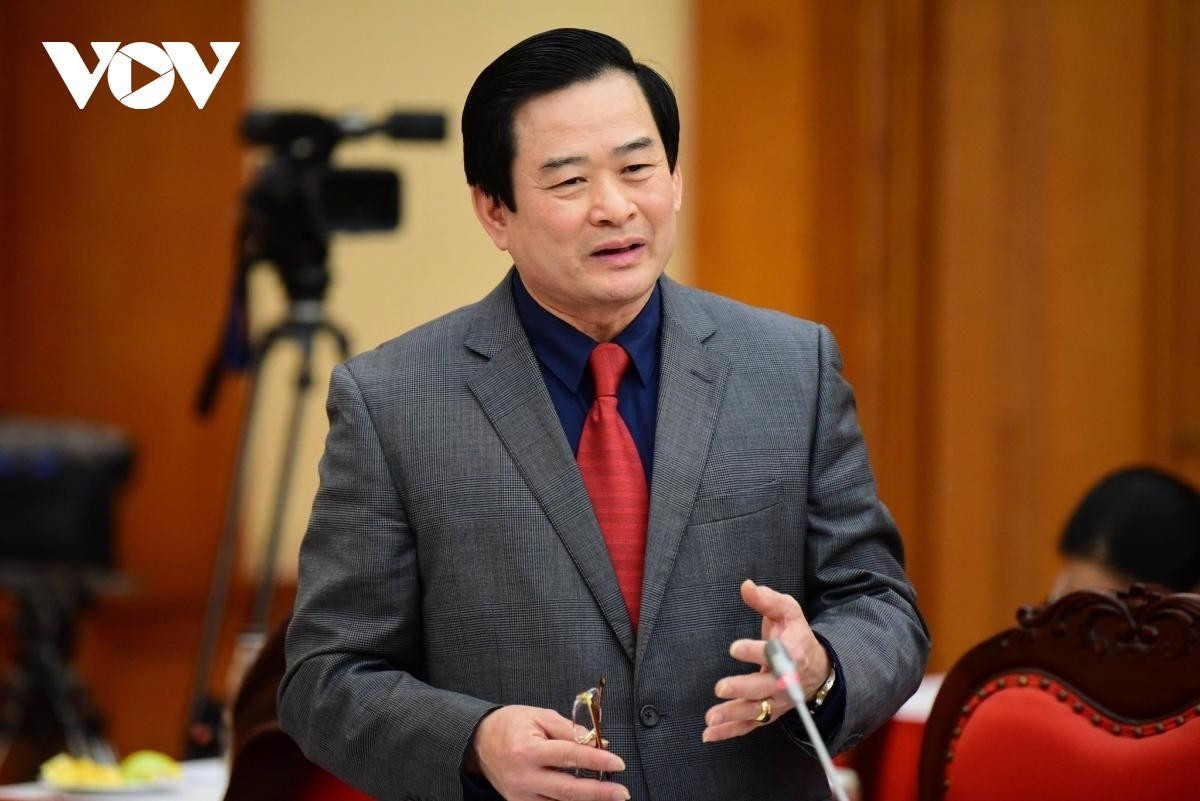 |
Mr. Nguyen Dinh Quyen - former President of the Legislative Institute of the National Assembly. Photo: Kim Anh |
According to Mr. Nguyen Dinh Quyen - former President of the Legislative Institute of the National Assembly, this reality is partly due to the degradation and lack of exemplary leadership of leaders, but it also shows that the disease of achievement is still deeply rooted in agencies and units. The disease of achievement governs the responsibility of leaders. Normally, we often evaluate agencies and units that detect many negative corruptions as weak in personnel management. Therefore, we should change the concept, places that self-detect corruption and violations are plus points to encourage leaders to better fulfill their responsibilities.
Serious corruption cases that have occurred recently, such as the case of former Secretary of the Binh Duong Provincial Party Committee Tran Van Nam, the case of former Minister of Science and Technology, former Chairman of the Hanoi People's Committee Chu Ngoc Anh and former Minister of Health Nguyen Thanh Long, but in the reports of these agencies and units, they all affirmed that no corruption had been discovered within their own agencies and units, showing that the heads of some agencies and units have not really paid attention to the fight against corruption, and have even neutralized this work within the agencies and units they are in charge of...
To monitor power, it must be institutionalized, or in other words, that institution must be specified by law. According to Minister of Finance Ho Duc Phoc, to limit corruption, it is necessary to apply many solutions, including paying attention to the assessment, planning, training, and development of cadres...; Selecting and arranging heads of agencies and units who truly have "Heart-Talent-Wisdom-Courage-Integrity", we also need to boldly assign autonomy and self-responsibility for cadre work to heads of agencies and units.
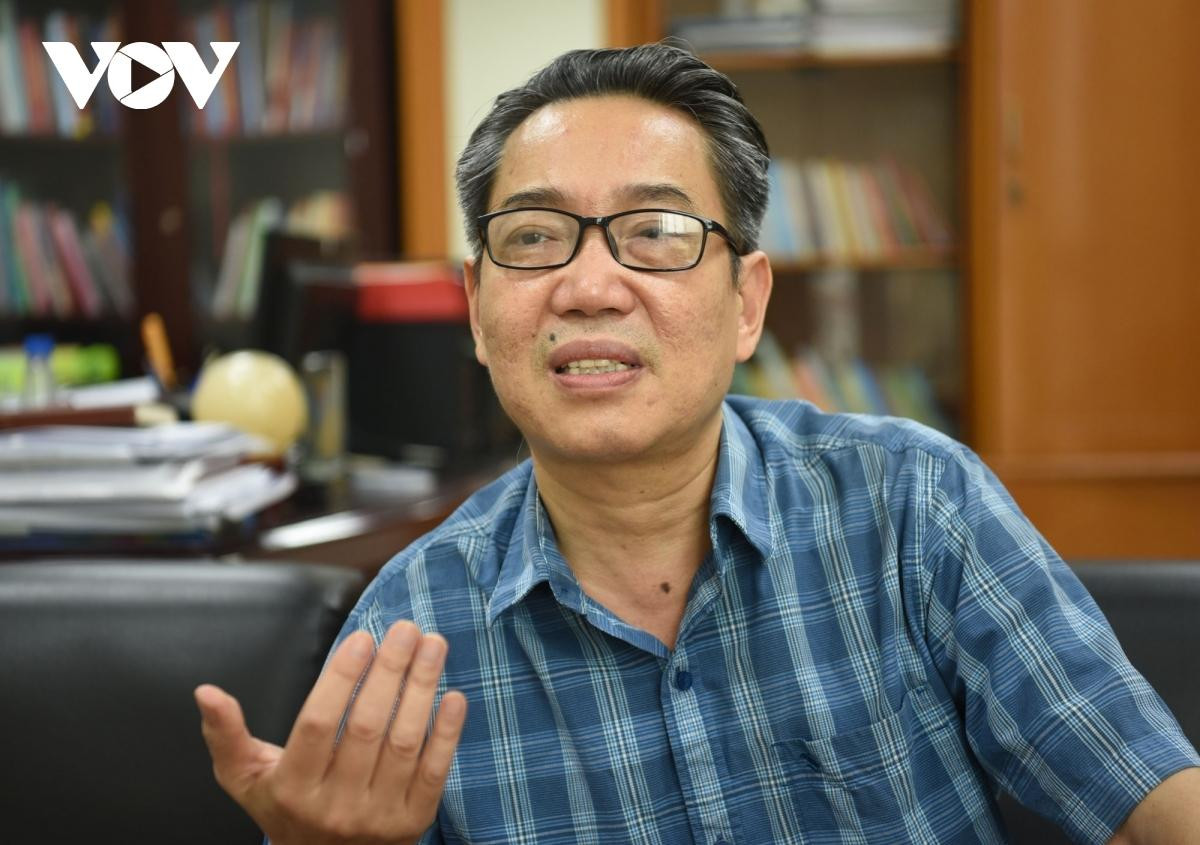 |
Dr. Dinh Van Minh - Director of the Legal Department - Government Inspectorate. Photo: Thi Uyen |
Dr. Dinh Van Minh - Director of the Legal Department - Government Inspectorate said that the role and responsibility of local leaders in detecting and handling corruption cases is extremely important and urgent. However, in reality, leaders in some places and at some times have not really paid attention to anti-corruption, there are cases of condoning and covering up corrupt officials, even corruption... Therefore, there should be regulations to promote and handle the responsibility of leaders in both ethics and law.
Along with strengthening power supervision and improving the capacity to organize and implement legal policies in a public and transparent manner under the supervision of the people, Party committees at all levels must also regularly strengthen inspection and supervision work to promptly detect and correct signs of violations and corruption right from the beginning./.

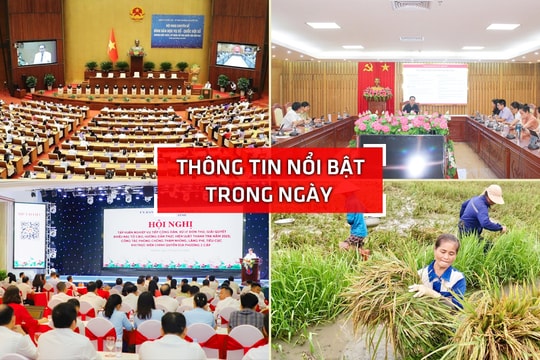
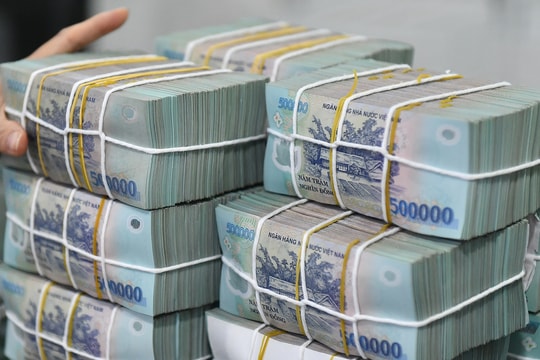
.jpg)

